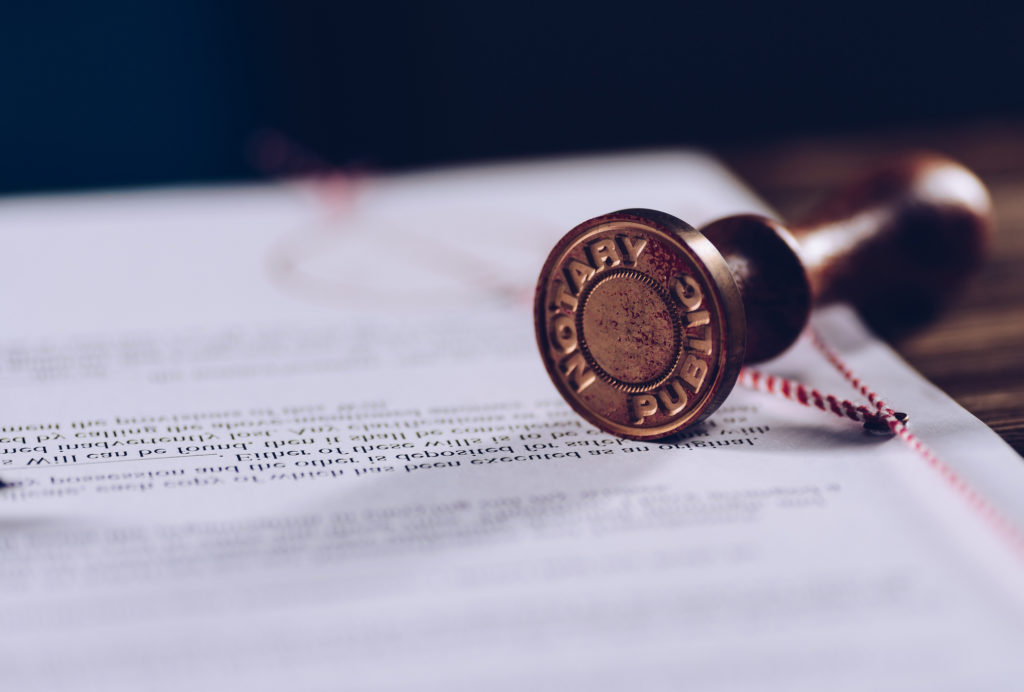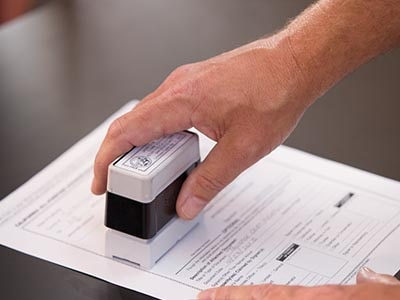Notary Public: Your Trusted Witness and Record Authenticator
Notary Public: Your Trusted Witness and Record Authenticator
Blog Article
Demystifying Notarial Work: Streamlining the Function and Value of Notaries
Their role, typically shrouded in secret for lots of, brings considerable weight in making sure the credibility and stability of vital papers. By unwinding the complexities surrounding notarial practices and shedding light on the significance of their acts, a clearer understanding emerges of the essential duty notaries play in promoting the fabric of legal and legal contracts.
The Background of Notarial Job
How did notarial work progress in time to become an essential component of lawful and business transactions? The history of notarial job dates back to ancient human beings, where scribes played a critical function in recording important details and validating documents. As cultures progressed, the demand for a more formalized system to make certain the credibility of agreements emerged. This caused the advancement of notaries, individuals assigned by the state to serve as unbiased witnesses in lawful matters.
Throughout the Center Ages, notaries gained importance in Europe, with their features increasing to include preparing lawful documents, certifying signatures, and maintaining records. The rise of worldwide profession better highlighted the importance of notarial work in validating contracts and contracts throughout boundaries.
In the contemporary period, notaries continue to play an essential role in legal and organization deals by confirming identifications, confirming the authenticity of papers, and avoiding fraud. Their duty in accrediting the credibility of arrangements adds a layer of security and count on to the ever-evolving landscape of business and regulation.

Tasks and Obligations of Notaries
Notaries play a vital function in verifying the credibility of papers and the identity of notaries. One of their main duties is to witness the signing of important files, such as contracts, deeds, and wills, to make sure that all celebrations are getting in into arrangements intentionally and willingly.
They accredit copies of original papers, providing guarantee to organizations that the duplicates are real replicas of the originals. In general, the responsibilities and responsibilities of notaries are important in protecting the integrity and legality of various records and deals - Deceased Estate.
Notarial Certificates and Signatures
Exemplifying thorough focus to detail, notarial certifications and trademarks function as crucial parts in confirming the authenticity of legal documents. Notarial certifications commonly have vital info such as the date of registration, the names of the notaries, a description of the document, and the notary's main seal. These certifications supply a clear document of the notarial act, making sure that the document can be easily recognized and traced back to the notary who looked after the procedure.
Signatures play a crucial function in notarial job, as they signify the arrangement and approval of the parties entailed. Notaries very carefully witness the finalizing of documents to confirm the identity of the signatures and verify that they are authorizing of their very own free choice. By affixing their main seal and signature to the file, notaries certify that the necessary procedures have been complied with which the paper is legitimate and enforceable.
In essence, notarial certifications and trademarks are the hallmark of authenticity in lawful transactions, giving guarantee to all parties included that the files are legit and binding.
Significance of Notarial Acts

Registration Refine Discussed
The notarization procedure usually begins with the individual providing the record to a notary public. When the identification is verified, the notary makes sure that the private authorizing the paper does so willingly and without any kind of coercion.

Final Thought

Notarial certifications commonly contain vital information such as the date of registration, the names of the signatures, a description of the paper, and the notary's main seal. These certificates offer a clear document of the notarial act, ensuring that the document can be quickly recognized and you can check here mapped back to the notary who looked after the process.
By fastening their official seal and trademark to the file, notaries license that the needed procedures have actually been complied with and that the record is enforceable and valid.
By validating the identification of the signatories, verifying their readiness to get in into the agreement, and accrediting the day and area of the signing, notaries play a crucial function in maintaining the legitimacy of legal records.After the file is authorized, the notary will certainly affix their official seal or stamp onto the file.
Report this page